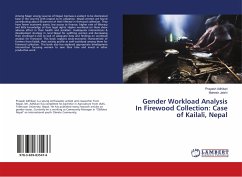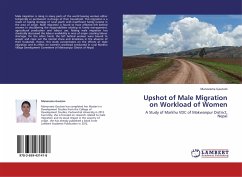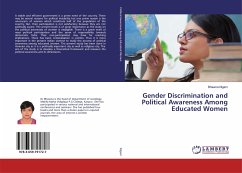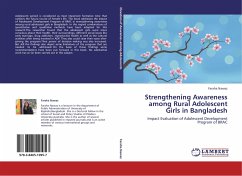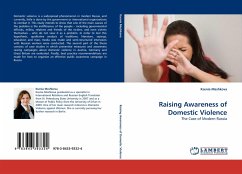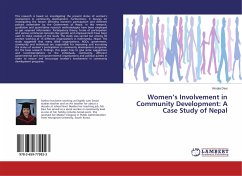Among Major energy sources of Nepal, biomass is evident to be dominated base in the country with respect to its utilization. Nepali women are found contributing about 66 percent of their lifetime in firewood collection. They have fewer economic assets, less access to finance, higher rate of illiteracy and little knowledge of their legal rights. Higher workload on them show adverse effect in their health and socialism. Inadequate interventions & development strategy in rural Nepal for uplifting women and decreasing their workload is due to lack of adequate data and findings on workload analysis for firewood. This book explains socio-economic characteristic of Farmers from Kailali, their activity profile as well workload among them for firewood collection. This book also has explored appropriate development intervention focusing women to save their time and invest in other productive work.
Bitte wählen Sie Ihr Anliegen aus.
Rechnungen
Retourenschein anfordern
Bestellstatus
Storno

